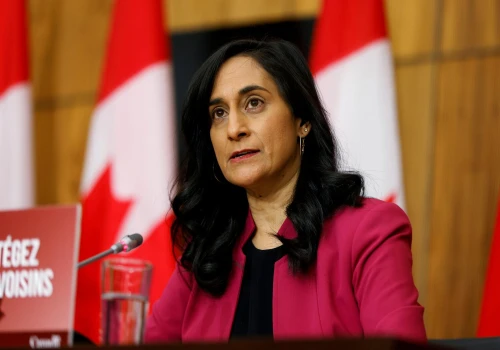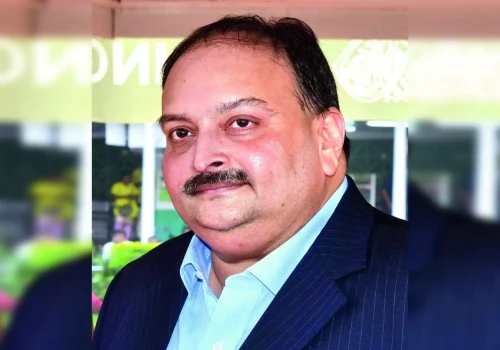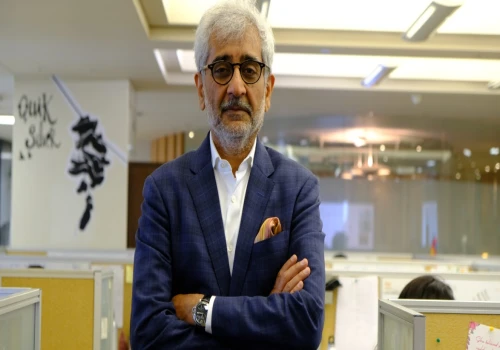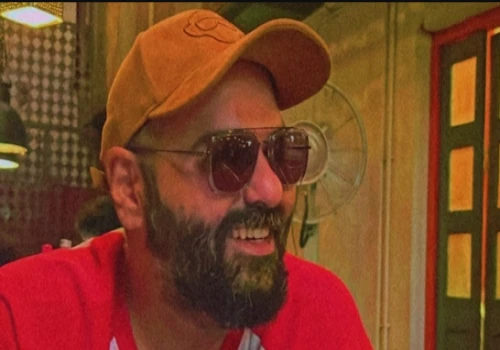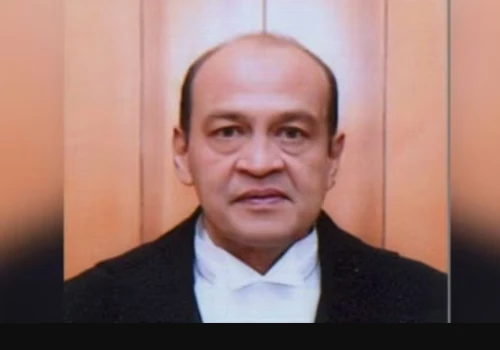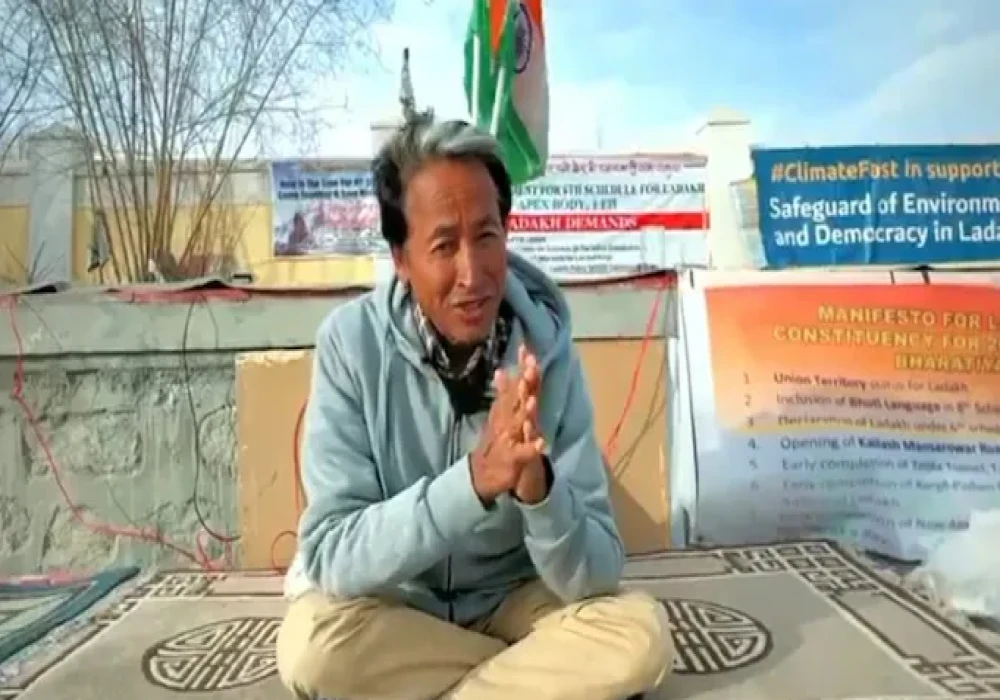
Sonam Wangchuk was born on September 1, 1966. He is a well-known engineer and a recipient of the Ramon Magsaysay Award. Wangchuk has dedicated his life to advocating for environmental and educational reforms in his home region of Ladakh.
Career and Achievements
Wangchuk is famous for founding the Students' Educational and Cultural Movement of Ladakh (SECMOL). This organization has played a crucial role in transforming the education system in Ladakh. SECMOL’s campus is notable for its solar-powered and eco-friendly design.
Wangchuk is also an innovator, known for developing the Ice Stupa technique, which creates artificial glaciers to provide water for farmers in Ladakh during critical planting seasons. This innovation addresses the severe water shortages in the region caused by climate change.
Activism and Protests
In addition to his work in education and innovation, Wangchuk has actively participated in protests for climate change awareness. Earlier this year, he conducted a five-day climate fast at the Himalayan Institute of Alternative Ladakh (HIAL) in Leh, culminating in a rally attended by hundreds of locals. He expressed dissatisfaction with the union territory (UT) status of Ladakh and the absence of self-governance.
In March, he undertook a more extreme protest, surviving on just water and salt during a 21-day fast to highlight Ladakh’s urgent need for environmental protection and recognition of its Indigenous culture.
March to Delhi
On September 1, Wangchuk began a foot march from Leh to Delhi called the "Delhi Chalo Padyatra." This march was organized by the Leh Apex Body (LAB) in collaboration with the Kargil Democratic Alliance (KDA). The purpose of the march was to urge the central government to resume discussions regarding Ladakh's future.
After the abrogation of Article 370, Ladakh was designated as a UT, but local leaders like Wangchuk argue that this status lacks sufficient autonomy. They demand stronger protections for Ladakh’s cultural and ecological identity, including a legislature and local decision-making powers.
Key Demands
The key demands of the march include:
- Granting statehood to Ladakh
- Inclusion in the Sixth Schedule of the Indian Constitution
- Swift recruitment processes in the region
- Separate parliamentary seats for Leh and Kargil districts
These demands come after discussions between Ladakh’s representatives, and the central government stalled in March without any significant outcomes.
Environmental Concerns
Wangchuk is also concerned about the potential environmental threats posed by industrial and mining activities in Ladakh. He believes that constitutional safeguards under the Sixth Schedule would give Ladakhis greater control over their land and resources.
Future Aspirations
Despite facing challenges, Wangchuk remains hopeful about the movement's growth. He is proud of the commitment shown by the people of Ladakh, including support from all segments of society. Wangchuk continues to advocate for local decision-making power and a sustainable future for Ladakh.


